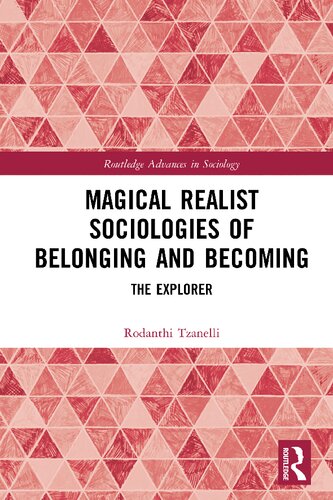

Most ebook files are in PDF format, so you can easily read them using various software such as Foxit Reader or directly on the Google Chrome browser.
Some ebook files are released by publishers in other formats such as .awz, .mobi, .epub, .fb2, etc. You may need to install specific software to read these formats on mobile/PC, such as Calibre.
Please read the tutorial at this link: https://ebookbell.com/faq
We offer FREE conversion to the popular formats you request; however, this may take some time. Therefore, right after payment, please email us, and we will try to provide the service as quickly as possible.
For some exceptional file formats or broken links (if any), please refrain from opening any disputes. Instead, email us first, and we will try to assist within a maximum of 6 hours.
EbookBell Team

4.8
44 reviewsAt the bottom of the sea, freedivers find that the world bestows humans with the magic of bodily and mental freedom, binding them in small communities of play, affect and respect for nature. On land, rational human interests dissolve this magic into prescriptive formulas of belonging to a profession, a nation and an acceptable modernity. The magical exploration is morphed by such multiple interventions successively from a pilgrimage, to a cinematic and digital articulation of an anarchic project, to an exercise in national citizenship and finally, a projection of post-imperial cosmopolitan belonging.
This is the story of an embodied, relational and affective journey: the making of the explorer of worlds. At its heart stands a clash between individual and collective desires to belong, aspirations to create and the pragmatics of becoming recognised by others. The primary empirical context in which this is played is the contemporary margins of European modernity: the post-troika Greece. With the project of a freediving artist, who stages an Underwater Gallery outside the iconic island of Amorgos, as a sociological spyglass, it examines the networks of mobility that both individuals and nations have to enter to achieve international recognition, often at the expense of personal freedom and alternative pathways to modernity.
Inspired by fusions of cultural pragmatics, phenomenology, phanerology, the morphogenetic approach, feminist posthumanism and especially postcolonial theories of magical realism, this study examines interconnected variations of identity and subjectivity in contexts of contemporary mobility (digital and embodied travel/tourism). As a study of cultural emergism, the book will be of interest to students and scholars in critical theory, cultural, postcolonial and decolonial studies, and tourism/pilgrimage theory.